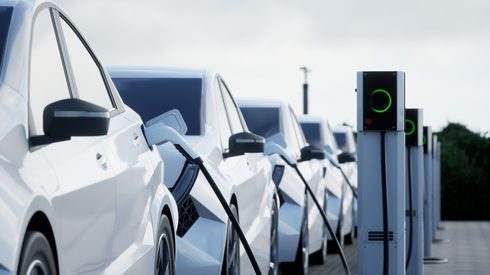Two deals heard were reported at 1,250 yuan per nickel unit and 1,280 per nickel unit, respectively, for Indonesian units, indicating a lower NPI market and a more bearish outlook, sources said.
“Input costs for NPI made in Indonesia [are around] 1,000-1,100 yuan per nickel unit and marks the lowest point of NPI price would potentially reach in the future,” an NPI trader based in Shanghai said. “This is a very, very bad news for domestic NPI traders, [whose] input costs are around 1,280 yuan per nickel unit, and [the domestic producers] have already started to lose money from selling at the current market level.”
Fastmarkets’ weekly price assessment for nickel pig iron, high-grade NPI content 10-15%, spot, ddp China was 1,250-1,280 per nickel unit on Friday and the corresponding price assessment for nickel pig iron, high-grade NPI content 10-15%, contract, ddp China, was also 1,250-1,280 yuan per nickel unit. Both prices were down 4.71% on a weekly basis.
Stainless steel prices slumped further in the week to Friday, bringing the loss from selling every tonne of stainless steel to around 1,000 yuan and pushing mills to increase pressure for lower prices for raw materials including NPI, with the additional supplies of Indonesian NPI giving the mills more leverage to bid even lower, sources said.
“Demand for stainless steel remain weak this week, extending the surplus state of [stainless steel] supply. Some mills announced that they would suspend production, though people doubt if they would really do this, in a bid to boost the price of stainless steel and bid lower for NPI,” the above trader said.
Fastmarkets’ assessed price for stainless steel cold-rolled coil 2mm grade 304 domestic, ex-whs China at 16,300-16,500 yuan per tonne on Wednesday March 8.
NPI makers suspend production on high input costs
NPI makers under downward price pressure, meanwhile, have decided to suspend production, market participants said.
“There’s no other options for us,” an NPI producer source based in northern China said. “The market is so low now, and we don’t want to sell our stock at the current price level.”
The nickel ore market was subdued because the NPI producers chose suspension amid the high input costs, sources said.
“The ore market is very dead at the moment, making it hard for us to make offers reflective of the [achievable] level,” an ore trader based in Shanghai said.
The trader added that a deal for 1.3% nickel ore was nearly $45 per tonne on Friday, while just a few weeks earlier ore producers were offering material at $51-53 per tonne. Based on that, the market expects the 1.5% nickel ore market to move down by $2-3 per tonne.
Fastmarkets’ weekly price assessment for laterite ore with 1.5% Ni content, cif China was $68-72 per tonne on Friday, down by $2 week on week.
Fastmarkets’ weekly price assessment for nickel ore 1.8% basis, 15-20% Fe water content: 30-35% Si:Mg ratio<2, lot size 50,000 tonnes, cif China was $100-103 per tonne on Friday, down by $2.5 on a weekly basis.
Get more in-depth nickel insights
To get more of the latest market intelligence and insights on the nickel market, visit our dedicated nickel market page here.






